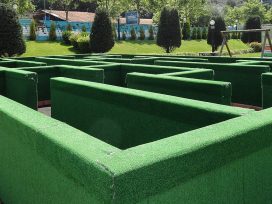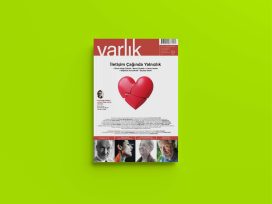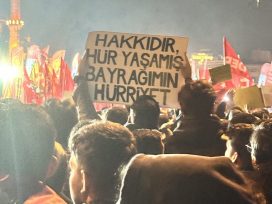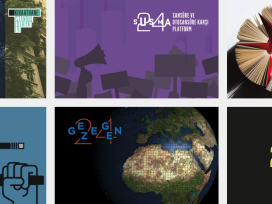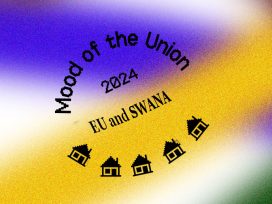Turkish writers address questions aesthetic and political raised by the catastrophe: Is art appropriate amidst the suffering – or even possible? Did some think the patriarch would protect them? Will lessons be learned for Istanbul, likely site of the next apocalypse?
In the April edition of Varlık, contributors attempt to come to terms with the loss, confusion and grief caused by the earthquakes of 6 February. More than 50,000 people died in Turkey and at least 7,000 in Syria; millions more have been left homeless.
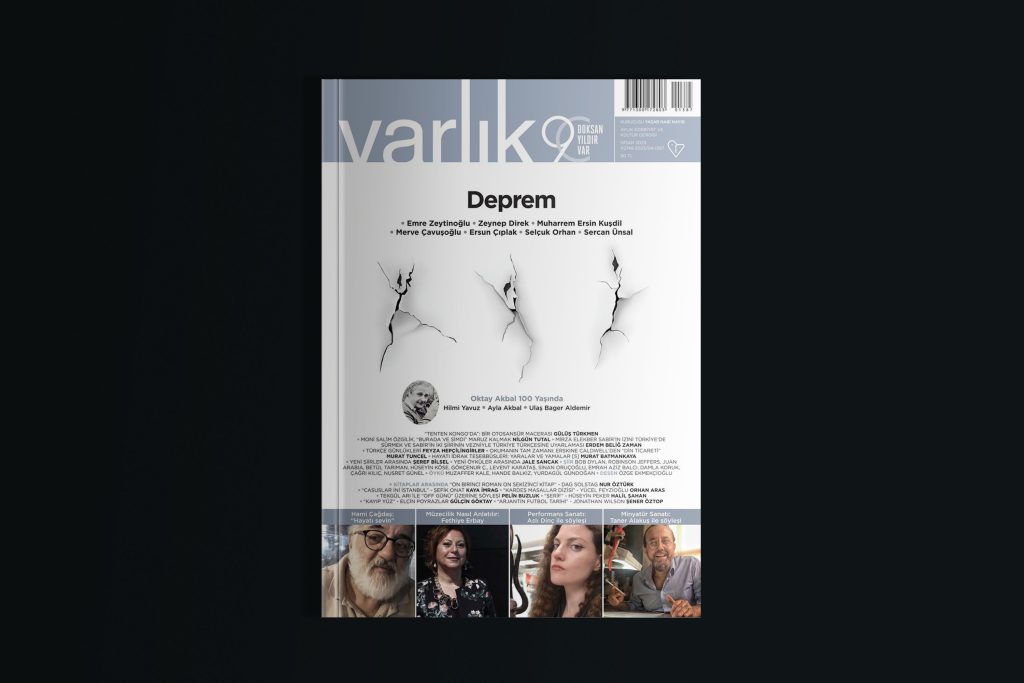
While many Turkish people feel that the response to the catastrophe from their government and state-run relief agencies was inadequate, some asked if it was ethical to cast blame as people were still being dragged from the rubble. Emre Zeytinoğlu, an art historian, notes that the devastation raised other painful questions too, including whether art can be made in times of disaster. In an essay ranging from Adorno’s thoughts on poetry after Auschwitz to Karlheinz Stockhausen’s reference to 9/11 as greatest artwork of all time, Zeytinoğlu says the question has no resolution.
Philosopher Zeynep Direk is also searching for answers – in particular why some Turks were surprised to see failure from a state that since 2018 has been run as a presidential system. The problem, she suggests, is obedience to a patriarch. ‘Did they think this man could protect their wives and children like a father figure? Did they think they were his children? Was this illusion destroyed when the people trapped under the rubble in the earthquake were left alone for crucial hours?’
Drawing on their work examining memories of the attempted coup in Turkey on 15 July 2016, Muharrem Ersin Kuşdil and Merve Çavuşoğlu discuss how society remembers traumatic events. Collective memories are shaped by the actions and needs of many contesting groups, they point out, particularly ‘victims and perpetrators’.
The ground flexed
Poet Ersun Çıplak relates his experience of the quakes and their aftermath in the southern city of Adana. Shaken awake at 4.17 a.m., it was like ‘being inside a washing machine. It was that kind of noise. The ground beneath my feet flexed and stretched.’ Later, he fled his home again with his daughter in his arms as an aftershock rippled through the ground and ‘I saw the house opposite rise and fall and lean towards us.’
As the news of deaths of friends and colleagues rolls in, Çıplak is unable to find comfort in the snippets of poetry he encounters on social media. He is reminded of Nazım Hikmet, who within days of the 1939 Erzincan earthquake produced a poem (‘Black news’) to mark the event. The speed of Hikmet’s response is bewildering, writes Çıplak. ‘If we were to list only the names of the deceased, if possible, it would exceed the pages naming the cast of characters in the Iliad. Frankly, those who have experienced this tragedy perhaps need only one thing: first to remain silent, then to scream in anger.’
Istanbul is a megacity that lives in the shadow of a future earthquake. Selçuk Orhan tracks the rampant construction and development that has transformed his home city over his lifetime. Living in Istanbul means accepting a life riddled with uncertainty, he says. ‘Today we have experienced an apocalypse; worse still, we are said to be on the eve of other apocalypses.’
Review by Steve Bryant
